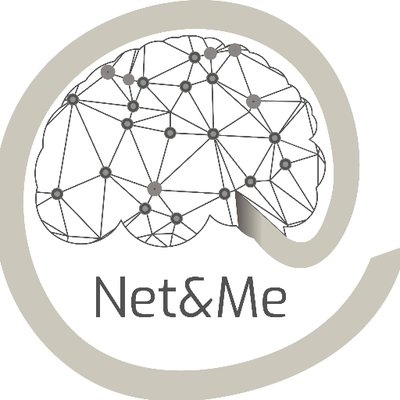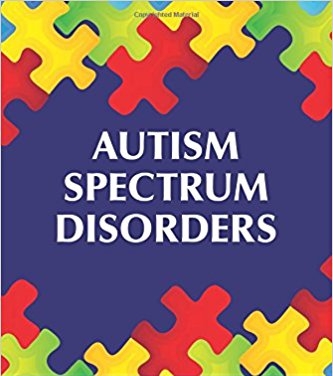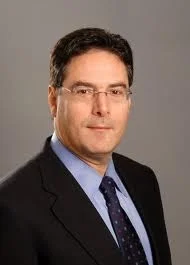Information
5 Ways to Break the OCD Stigma
Stereotypes and stigmas are very common in the world we live in today, especially when it comes to mental health conditions like obsessive-compulsive disorder (OCD). People who experience OCD are challenged daily by the effects of their illness. However, additional challenges are created through public misconceptions and stereotypes that begin to generate self-prejudice and personal judgment for suffering individuals.
Article by Kasey Seigel, PhD, left.
Autism Spectrum Disorders Edited by Dr. Eric hollander
Autism Spectrum Disorders serves as an essential guide and concise, focused introduction to the progress and promise of autism research and evidence-based and targeted treatments. Since the initial descriptions by Kanner and Asperger more than 75 years ago of what are now recognized as the autism spectrum disorders, understanding of the neurobiological, psychosocial, and genetic aspects of these disorders has changed radically. The editors have assembled a formidable roster of experts on autism spectrum disorders, as well as on genetics, epidemiology, environmental toxicity, occupational therapy, and other fields that contribute to our understanding of the etiology and treatment of these complex disorders, to create a book that is cutting edge, yet accessible enough to be suitable for families as well as for clinicians.
Anxiety in autism Spectrum Disorder
In recent history, autism has been identified in several gifted artists and scientists, although it is more generally associated with severe and impairing conditions. Today, we talk about “autism spectrum disorder” (ASD), a definition that recognizes the heterogeneity and complexity of a lifelong condition, whose symptoms fall into a continuum and account for large variations from patient to patient. A number of medical and psychiatric comorbidities ranging from gastro-intestinal and autoimmune disorders, to ADHD, depression, OCD and anxiety disorders, contribute to challanges in assessment and treatment of this condition, which requires a multidisciplinary approach.
Article by Dr. Elisabetta Burchi and Dr. Eric Hollander, left.
Problematic Internet Use and Its Impact on Anxiety, Depression and Addictions: Patient-Centered Approaches and Digital Applications and Interventions
In this blog post we will provide a description of Problematic Internet Use, describe screening measures existing in the field and key unanswered questions, provide clinical patients examples, introduce COST project, suggest a design of an upcoming study, describe applications (“apps”) available for intervention, and will seek patient advocates feedback for the proposed study design, screening measures development and feedback on different digital apps available.
Article by Dr. Vera Nezgovorova, left.
Patient-Centered Study for Digital Treatment of Behavioral Addiction
For people with anxiety, depression, or addictions, the internet can be helpful or harmful. While we can find new information, connect to resources, and use creative online coping mechanisms, the online world can be a trap and become a new place for us to engage in unhealthy, maladaptive behaviors. This proposed study intends to look deeper into the PIU and investigate the factors driving PIU's onset and development.
Considering Non-Pharmacological Treatments for Resistant OCD Patients
Obsessive-compulsive disorder (OCD) is a chronic psychiatric condition affecting 1.2% of the population in the United States and between 1.1% and 1.8% of the world population. (Hollander et al., 2016). OCD patients suffer from debilitating uncontrollable, recurring thoughts accompanied by the urge to repeat specific behaviors in an effort to alleviate these intrusive thoughts, symptoms which greatly impact both their professional and personal life (Hollander et al., 2016). In addition to the debilitating nature of the disorder for patients themselves, OCD is associated with significant costs and burdens to society as a whole (Goodman, 2016).
Article by Dr. Eric Hollander, left.
Pharmacological treatment of resistant OCD
During the 31st ECNP Congress, Professor Hollander will speak on the topic of pharmacological treatment of resistant obsessive-compulsive disorder (OCD) during an educational update session dedicated to the topic. Hollander has contributed to the investigation of pharmacological treatment strategies in the disorder as part of a cross-sectional study of nine international OCD centres. He has also written about current pharmacological treatment strategies alongside more recent and experimental therapies.
How to Manage Obsessive-Compulsive Disorder (OCD) Under COVID-19
A Clinician's Guide From the International College of Obsessive Compulsive Spectrum Disorders (ICOCS) and the Obsessive-Compulsive and Related Disorders Research Network (OCRN) of the European College of Neuropsychopharmacology








